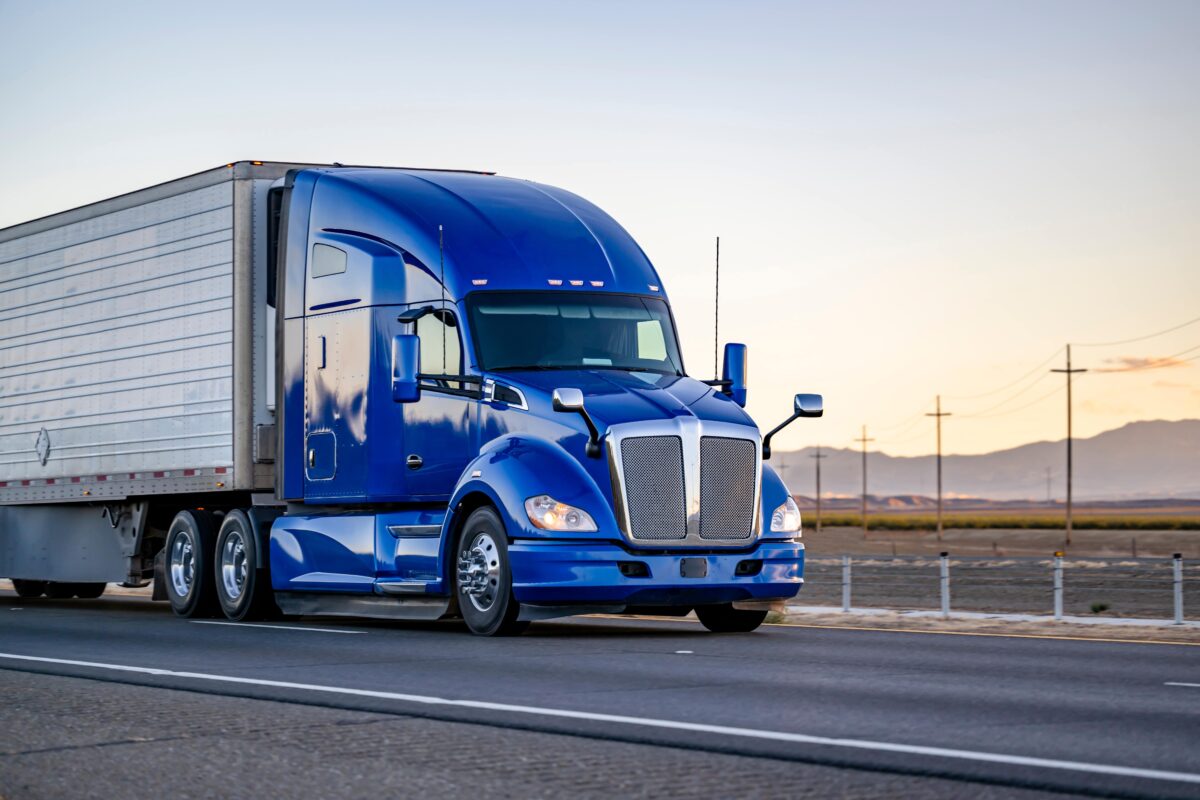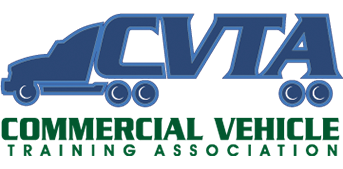In the vast network of highways and roads that crisscross our country, truck drivers play a pivotal role in keeping everyone safe. Their responsibility extends beyond delivering goods; it encompasses ensuring the safety of themselves and others on the road. Let’s delve into the critical safety practices truck drivers must adhere to, the significance of ongoing safety training, and how their professionalism contributes to safer highways for everyone.
Defensive Driving
Truck drivers are trained to be masters of defensive driving. They are taught to anticipate potential hazards on the road and take proactive measures to avoid accidents. This includes maintaining a safe following distance, staying attentive, and constantly scanning their surroundings for any signs of danger.
Adhering to Regulations
Professional truck drivers must adhere to strict regulations set forth by authorities. These regulations cover various aspects, including maximum driving hours, weight limits, and vehicle maintenance. By following these rules, truck drivers help maintain order on the roads and prevent accidents caused by fatigue or mechanical failures.
Ongoing Safety Training
Safety isn’t a one-time lesson; it’s an ongoing commitment. Truck drivers undergo regular safety training to stay updated on the latest techniques and regulations. This training covers topics such as defensive driving strategies, load securing, and emergency procedures. By continuously honing their skills, truck drivers are better equipped to handle any challenges they encounter on the road.
Vehicle Maintenance
A well-maintained truck is crucial for safe driving. Truck drivers are responsible for conducting pre-trip inspections to ensure their vehicles are in optimal condition before hitting the road. This includes checking tires, brakes, lights, and other essential components. By keeping their trucks in top shape, truck drivers minimize the risk of breakdowns and accidents caused by mechanical issues.
Professionalism on the Road
Professionalism is at the core of every successful truck driver. They understand that their actions on the road reflect not only on themselves but also on the trucking industry as a whole. This means obeying traffic laws, treating fellow motorists with respect, and practicing patience, especially in challenging situations. By setting an example of professionalism, truck drivers contribute to a safer and more harmonious driving environment for everyone.
Collaboration with Other Stakeholders
Truck drivers are just one piece of the road safety puzzle. They work closely with other stakeholders, including law enforcement, transportation agencies, and fellow drivers, to identify and address safety concerns. Through collaboration and communication, they can implement effective strategies to improve road safety and reduce the risk of accidents.
Join HDS Truck Driving Institute for Safe Driving Skills
Experience the difference at HDS Truck Driving Institute, where we prioritize safety and professionalism on the road. Our comprehensive training programs ensure that you’re equipped with the essential skills and knowledge to excel in your truck driving career while keeping highways safe for everyone.




















